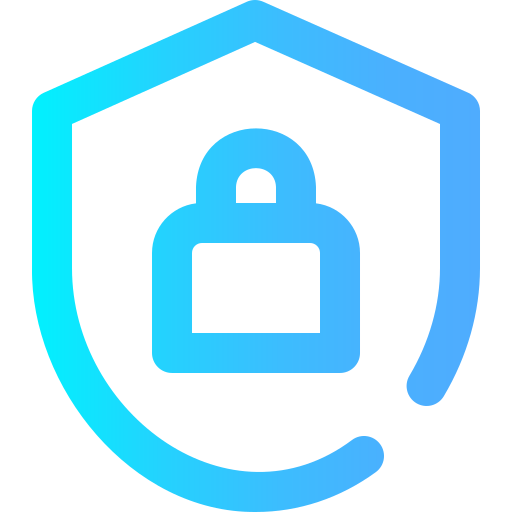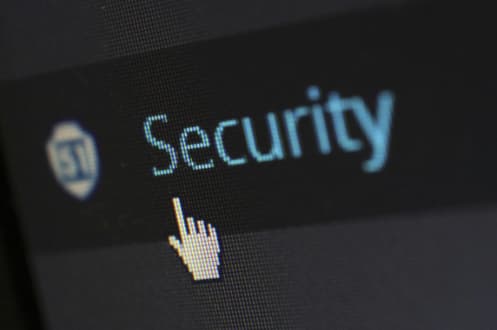In the modern digital age, cyber ethics has become an increasingly relevant topic of study, especially as the boundaries between hacking and information security grow more complex. Students are often tasked with navigating this challenging subject matter, which requires a deep understanding of both technical and ethical aspects. For those who may struggle to articulate their thoughts or conduct comprehensive research, a Ghostwriter Seminararbeit can provide valuable support. Ghostwriters offer expertise in cyber ethics and can help students develop strong, well-researched papers on the subject. This assistance is particularly useful when trying to balance the nuances of hacking, which may be seen both as a threat and a tool for enhancing cybersecurity. By engaging with a ghostwriter, students can explore these topics in-depth while maintaining academic integrity.
Understanding Cyber Ethics
Cyber ethics is a branch of ethics that deals with the moral issues related to the use of computers and digital technology. This field covers various concerns, including privacy, intellectual property, digital rights, and the ethical use of technology. It also addresses the controversial role of hacking in society. On one hand, hacking is often associated with illegal activities, such as stealing information or spreading malware. On the other hand, ethical hacking, also known as penetration testing, is used to identify vulnerabilities in systems to protect them from malicious attacks.
The ethical dilemma arises when determining where the line is drawn between hacking as a harmful act and hacking as a beneficial tool for securing information. This duality of hacking makes cyber ethics a complex field to navigate, and it requires students to carefully analyze both sides of the argument.
The Role of Ghostwriters in Writing Seminar Papers on Cyber Ethics
Cyber ethics is a multidisciplinary subject that blends elements of law, technology, and morality. Writing a seminar paper on this topic requires not only technical knowledge but also a strong understanding of ethical frameworks. Many students struggle to balance these aspects, which is where a ghostwriter can be of great assistance.
Ghostwriters specializing in academic papers on cyber ethics help students by:
- Conducting thorough research on relevant topics such as hacking, information security, and digital privacy.
- Analyzing ethical theories and applying them to real-world cyber scenarios.
- Structuring arguments clearly and coherently to present balanced perspectives on controversial issues.
- Ensuring the seminar paper meets academic standards and is free from plagiarism.
Hacking: Threat or Necessity?
Hacking is often seen in a negative light, especially when it involves illegal activities. Cybercriminals, or black-hat hackers, exploit system vulnerabilities for personal gain, often causing significant harm to organizations and individuals. However, not all hacking is malicious. Ethical hackers, also known as white-hat hackers, use their skills to find and fix vulnerabilities before they can be exploited by cybercriminals. These individuals work within legal frameworks and are often hired by companies to improve their cybersecurity measures.
The ethical debate surrounding hacking is central to the study of cyber ethics. Is hacking inherently bad, or can it be justified if it serves a greater good? This question is at the heart of many seminar papers on the subject, and students must carefully navigate the fine line between hacking as a threat and hacking as a necessity.
Information Security: Protecting Digital Assets
Information security is the practice of protecting digital information from unauthorized access, theft, or damage. It is a critical component of modern-day business operations and personal data protection. With the increasing number of cyberattacks targeting everything from large corporations to individual users, the need for robust information security measures has never been more apparent.
Students writing about cyber ethics often explore how information security can be enhanced through ethical hacking. By identifying and addressing system vulnerabilities, ethical hackers play a crucial role in preventing data breaches and other cyber threats. However, this practice raises ethical questions about the methods used and the potential consequences of hacking, even when done for good purposes.
The Ethical Frameworks Surrounding Cybersecurity
When discussing cyber ethics, it is essential to refer to the ethical frameworks that help guide decisions in this field. These frameworks include:
- Utilitarianism: This approach focuses on the consequences of an action. In terms of hacking, the question would be whether the benefits of ethical hacking (protecting information) outweigh the potential harm (violating privacy or trust).
- Deontology: This theory emphasizes duties and rules. From a deontological perspective, hacking may be viewed as inherently wrong because it involves breaching systems without consent, even if the intention is to improve security.
- Virtue Ethics: This approach focuses on the character of the individual. An ethical hacker, for example, may be judged based on their motivations and whether they are acting in a virtuous manner by prioritizing the public good over personal gain.
Ghostwriters working on seminar papers in cyber ethics can help students apply these frameworks to real-life case studies, allowing them to develop well-rounded arguments and draw informed conclusions.
Case Studies: Ethical Hacking in Action

One way to understand the complexities of cyber ethics is to examine real-world examples of ethical hacking. These case studies can provide valuable insights into how ethical principles are applied in practice and how the balance between hacking and information security is maintained.
For instance, companies like Google and Facebook offer bug bounty programs that reward ethical hackers for finding vulnerabilities in their systems. These programs highlight the positive role that ethical hackers can play in enhancing cybersecurity. At the same time, they raise questions about whether encouraging individuals to hack into systems (even with good intentions) sets a dangerous precedent.
A ghostwriter working on a seminar paper in this field can help students analyze these case studies, explore the ethical dilemmas involved, and propose solutions based on established ethical frameworks.
Challenges of Writing Seminar Papers on Cyber Ethics
Writing a seminar paper on cyber ethics poses several challenges for students:
- Complexity of the Subject: Cyber ethics involves understanding both technical and ethical issues, which can be overwhelming for students without a background in these areas.
- Balancing Perspectives: It can be difficult to present a balanced argument when discussing controversial topics such as hacking. Students must be able to articulate both the positive and negative aspects of hacking and information security.
- Ethical Theories: Applying ethical theories to real-world situations requires critical thinking and a deep understanding of the subject matter. Many students struggle to make these connections in their writing.
- Research Requirements: Seminar papers on cyber ethics require extensive research, including case studies, legal frameworks, and technical details. This can be time-consuming and challenging for students who are not familiar with the field.
Ghostwriters with expertise in cyber ethics can help overcome these challenges by providing well-researched, clearly written papers that meet academic standards.
The Importance of Academic Integrity
While ghostwriters can provide valuable assistance in writing seminar papers, it is important to maintain academic integrity. Students should work closely with their ghostwriters to ensure that the paper reflects their own ideas and understanding of the subject matter. The role of the ghostwriter is to provide support, not to complete the assignment on behalf of the student.
Academic honesty is a key component of cyber ethics itself. Just as ethical hackers must adhere to legal and moral guidelines, students must ensure that their academic work is their own and that they give credit where it is due.
Conclusion
In the ever-evolving world of digital technology, the line between hacking and information security continues to blur, making cyber ethics a critical field of study. Writing a seminar paper on this topic requires a deep understanding of both the technical and ethical aspects involved. For students struggling to navigate these complexities, a Ghostwriter Seminararbeit can offer valuable support, helping to produce well-researched, ethically sound papers. By exploring the ethical implications of hacking and the importance of information security, students can contribute to the ongoing debate in this crucial area of study while maintaining academic integrity.

